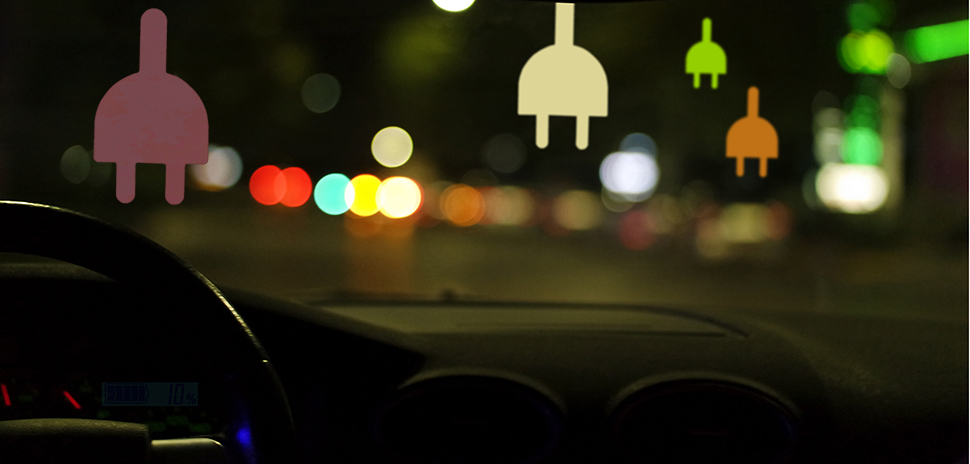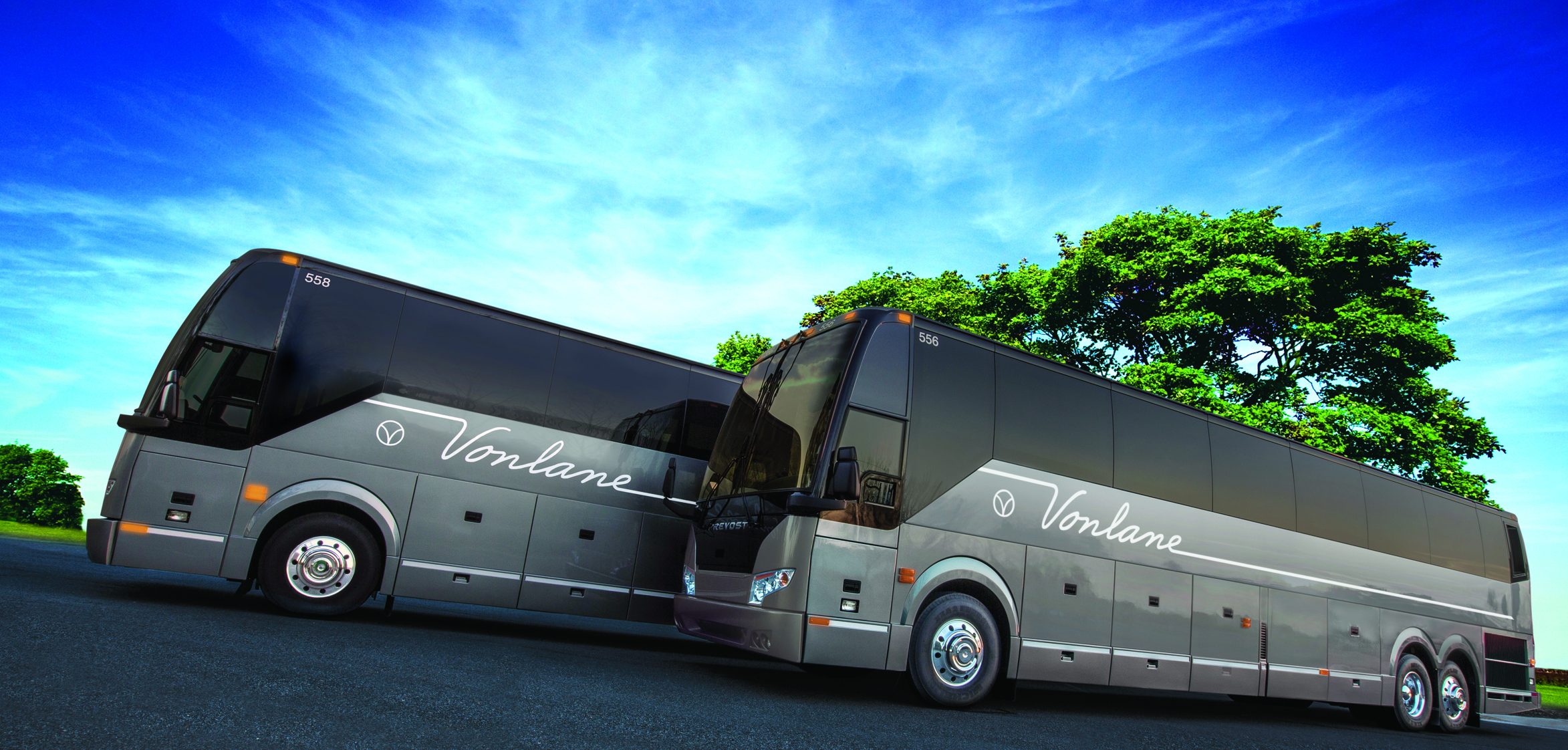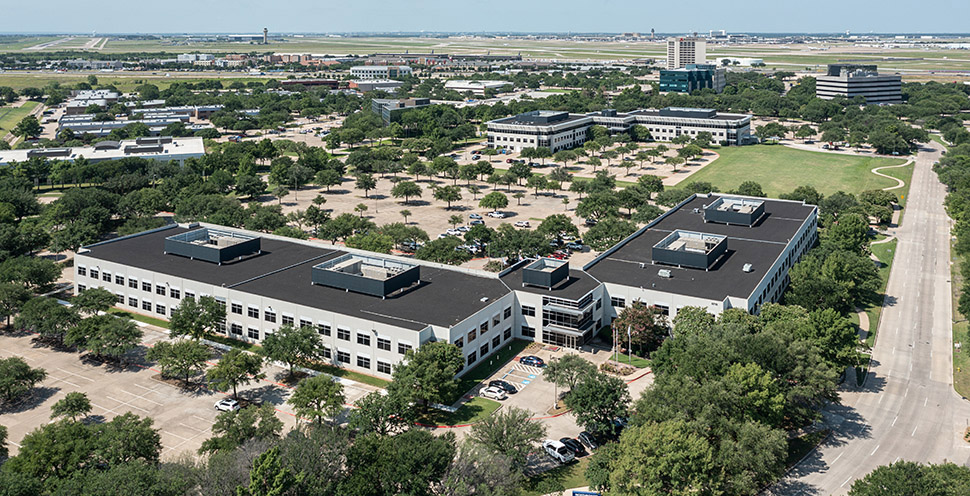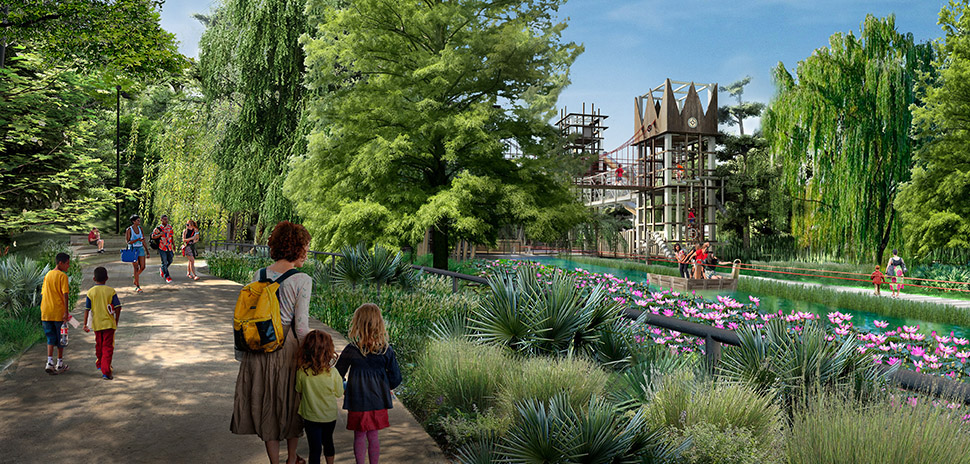Political and policy leaders are hoping that some of Texas’ $209 million Volkswagen so-called “Dieselgate” settlement can be used to help move drivers away from internal combustion, and toward electric-powered vehicles.
“We have an opportunity to make a positive change, after more than a century of vehicles spewing pollutants into the area,” said Bay Scoggin, state director of the Texas Public Interest Research Group. “Local and state officials who want to plug into this opportunity need to commit to EV [electric vehicle]-friendly infrastructure as fast as possible.”
“We have an opportunity to make a positive change, after more than a century of vehicles spewing pollutants into the area.”
Bay Scoggin
TexPIRG held a press conference recently alongside the North Central Texas Council of Governments, Dallas Area Rapid Transit, AECOM, and Dallas City Councilman Lee Kleinman, to announce estimates that the city of Dallas is expected to have 39,000 electric vehicles by 2030, and to kick-start a regional move to make it easier to travel with electric vehicles.
Roughly 704 electric vehicles were registered in the city of Dallas as of last month, according to an analysis by NCTCOG.
“Generally speaking, there’s not a huge percentage of vehicles that are electric at this point, across the board,” said Suzanne Murtha, vice president of connected and automated vehicles at AECOM.
Her firm is helping local, regional, and state agencies plan their advanced transportation systems, including the expanded use of electric vehicles.
“When we talk to major organizations that do the forecasting … it looks right that there’s an exponential, hockey-stick-shaped curve in the growth [of electric vehicles],” Murtha said.
In its report, Plugging In, TexPIRG maintains that technological advances will continue to allow electric vehicles to drive farther, and to charge faster, at a lower cost. These factors already are playing a large role in increasing sales, especially in terms of microeconomics. Kleinman, for example, reports spending about $10 or less to charge his Tesla, which will travel about 265 miles on that charge.
“While the emissions of carbon-based fuel vehicles have come down substantially [in North Texas], they don’t even compare to what you get with an electric vehicle,” Kleinman said at the press conference.
EXPANDING PORTS FOR CHARGING ELECTRIC VEHICLES
Kleinman, who previously drove a Nissan Leaf, said that while he’s able to charge his car at his own single-family home without any problem, he sees the need for expanding access to charging ports, to serve a broader cross-section of the community. The city of Dallas sits in the middle of the pack, based on the number of high-voltage (L-2 and fast charger) ports in the city, per capita.
To encourage communities to prepare for the spike in electric-vehicle use, TexPIRG recommends that:
- a portion of North Texas’ cut of the nationwide $2.7 billion VW “dieselgate” civil settlement be used to install additional electric vehicle charging ports on city streets, where electric cars can charge overnight;
- the settlement and other funds be used to help business owners, parking garage operators, etc., pay the cost of installing shared charging stations in their facilities;
- cities be encouraged to install free or discounted parking and charging for electric vehicles; and,
- communities expand the availability of electric-powered public transit, the shared use of electric vehicles, and promote cycling and walking as well.
Electric vehicle sales nearly doubled between 2015 and 2017, from more than 116,000 to nearly 200,000 according to the Inside EVs website.
TexPIRG’s projection of 39,000 electric vehicles in the city of Dallas by 2030 might sound considerable; yet the figure is dwarfed by the number of motor vehicles registered in Dallas County is 2.1 million, as of 2016.
Statewide, TexPIRG estimates there are 8,500 electric vehicles operating in Texas. Globally, electric vehicles comprise less than 1 percent market share, according to a study by the International Energy Agency. That same agency projects that roughly a third of the world’s passenger cars and light trucks might be electric by 2030.
“While the emissions of carbon-based fuel vehicles have come down substantially (in North Texas), they don’t even compare to what you get with an electric vehicle.”
Lee Kleinman
“Thirty-nine thousand might not sound like a lot, but that’s just [the city of] Dallas,” said NCTCOG’s Chris Klaus, adding that there could be tens of thousands of other electric vehicles that would be in use, in cities surrounding Dallas and beyond by 2030. “I look at the trickle-down, and the vehicle [that] the electric vehicle is replacing. Let’s say they’re replacing a BMW or a Buick. That vehicle goes into a used car lot, and it helps move the pendulum down the road.”
Inroads toward electric-powered mass-transit are expanding in downtown Dallas as well.
At the press conference, DART President and Executive Director Gary C. Thomas announced DART’s downtown bus fleet — known as D-LINK — will be completely electric-powered by the end of March. Thomas said DART will operate seven electric buses through its seven-mile downtown loop, recharging them at Dallas’ convention center.
Currently, all DART buses run on natural gas, Thomas said. He added that DART will observe how the D-LINK electric buses perform before deciding whether to expand their use beyond downtown Dallas.![]()
Get on the list.
Sign up to keep your eye on what’s new and next in Dallas-Fort Worth, every day.



































































